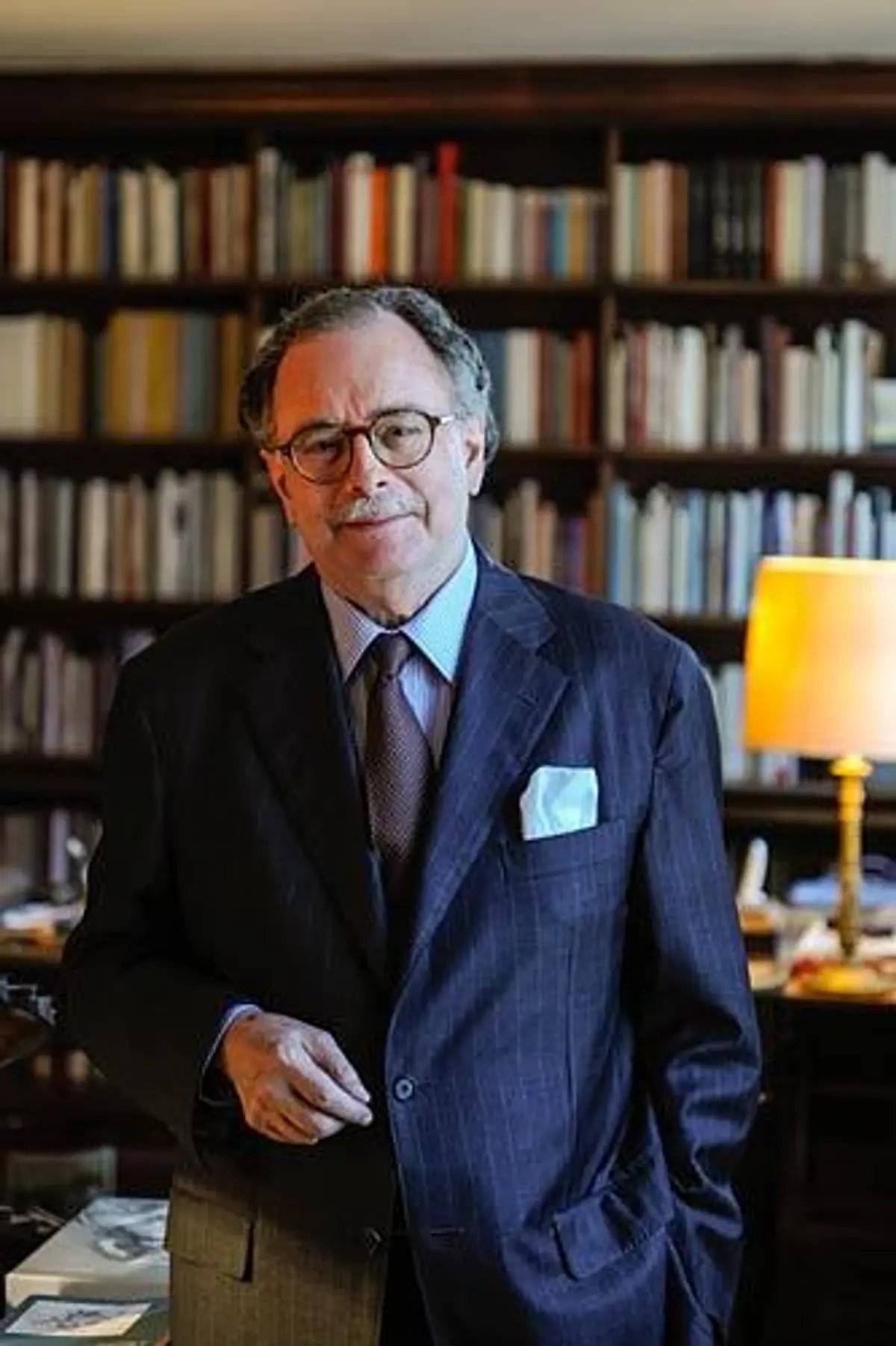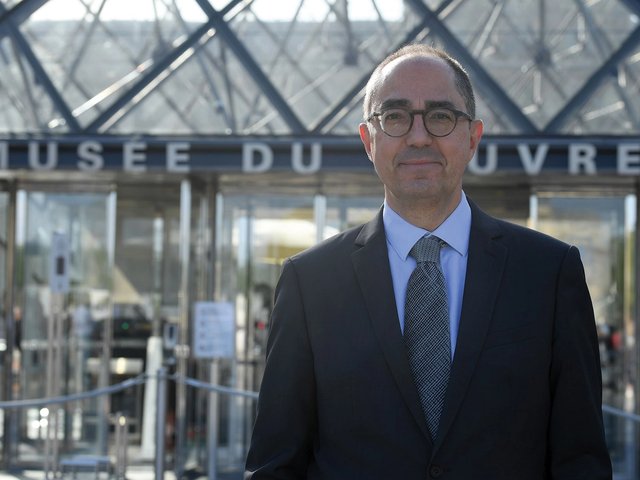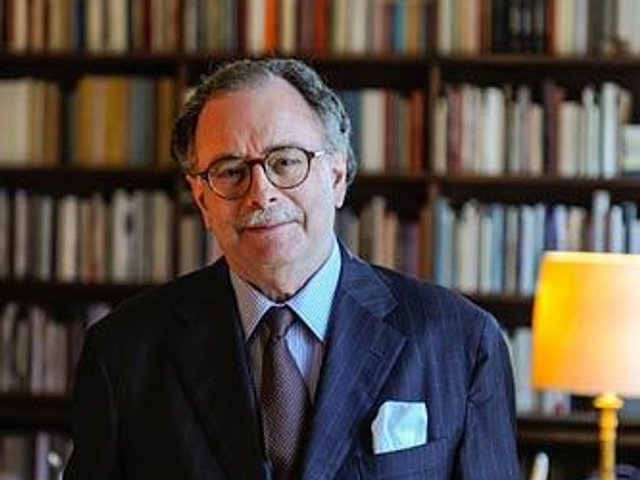Louis-Antoine Prat, the chair of the Friends of the Louvre since 2016, has announced he will not seek re-election. In a letter to the council of the membership group, he expressed his desire to protect the organisation from the “false accusation of antisemitism” in one of his publications.
Prat was facing growing pressure to stand down. Last week, the Salon du Dessin made him persona non grata for its next edition at the Palais de la Bourse in March. In a statement, the organisers of the prestigious drawings fair expressed their "disapproval of the degrading depiction of certain characters in a short story” written by Prat, published in September by Editions El Viso.
According to the event's president, Louis de Bayser, “the Salon du Dessin is recognised and appreciated for its warm and friendly atmosphere of mutual respect and impeccable professional standards. We are therefore justifiably offended by the detestable description of certain characters in this story which unfolds in the aisles of our Salon”. Sources close to the fair say that prominent American curators and buyers had threatened to boycott the Salon if Prat was invited to its gala opening.
Prat’s short story makes an unflattering comparison between a drawings collector with a “pure heart” and an art dealer named Nicky Schwarz who is “motivated by greed”. The latter is characterised by his poor personal hygiene, “repulsive” appearance and manipulative behaviour with collectors and journalists.
The story also contains passages that have been interpreted as homophobic and misogynistic. One character, who was groped by Schwarz at the Salon du Dessin’s opening party, is described as an “effeminate young man” and others as ignorant “single ladies, cursed by age”.
The book includes a disclaimer that any similarity between a work of fiction and real people is purely coincidental. But details of the fictional Nicky Schwarz’s clothing and published catalogues have led art experts to draw comparisons with the leading Old Master drawings specialist and dealer, Nicolas Schwed.
“It is very easy for anyone in the field to identify Nicolas Schwed in this story,” says George Goldner, the former head of the drawings departments of the J. Paul Getty Museum and the Metropolitan Museum of Art. The journalist Carole Blumenfeld says that Prat himself confided to her privately that the character of Nicky Schwarz was indeed Schwed.
The language used in Prat’s story “is borrowed from the old antisemitic tradition” of French literature, commented the collector and patron Pierre Morin. “Maybe the author is not even aware of it,” he added. The Parisian art dealer Hubert Duchemin condemned the book’s “freely slanderous and nauseating” passages.
“This vocabulary is definitely part of the language defining hatred of the Jews since the 19th century,” says the director of the Jewish history museum in Paris, Paul Salmona, pointing out that “the choice of a Jewish German name like Schwartz to depict such a vile character certainly has antisemitic overtones”.
Prat’s perceived attack on Schwed is “totally inappropriate”, Goldner says. “The author, with whom I have no personal issues, has crossed the limits of decency. He should also be aware that he has a responsibility to preserve the reputation of the Louvre and its Friends.”
In his letter to the Friends of the Louvre, Prat said he was the victim of “a disgusting attack”, calling the accusation of antisemitism "a complete lie”. Prat did not respond to a request for comment.
The former Louvre director Pierre Rosenberg, who oversaw a 1995 exhibition of Prat’s collection at the museum, has come to his defence, saying, “I can testify he is not an antisemite.” Prat’s publisher, Nicolas Neumann, also claimed he “did not see an ounce of antisemitism in his text”.
The controversy prompted the art historians Arnauld Brejon, Jean-Christophe Baudequin and Alexandre Gady, the director of the Musée du Grand Siècle, to withdraw their contributions from a forthcoming book of tributes to Prat.
Others including Catherine Goguel, who for decades was a specialist on Italian drawings at the Louvre, joined a chorus of voices calling on the Louvre's current director, Laurence des Cars, to force Prat to resign.
Des Cars replied that she could not interfere in matters of the independent association. But a spokesperson said Des Cars “disapproved of Prat’s outpouring of all kinds” and “was always saddened by anything affecting the reputation of the Louvre”.





